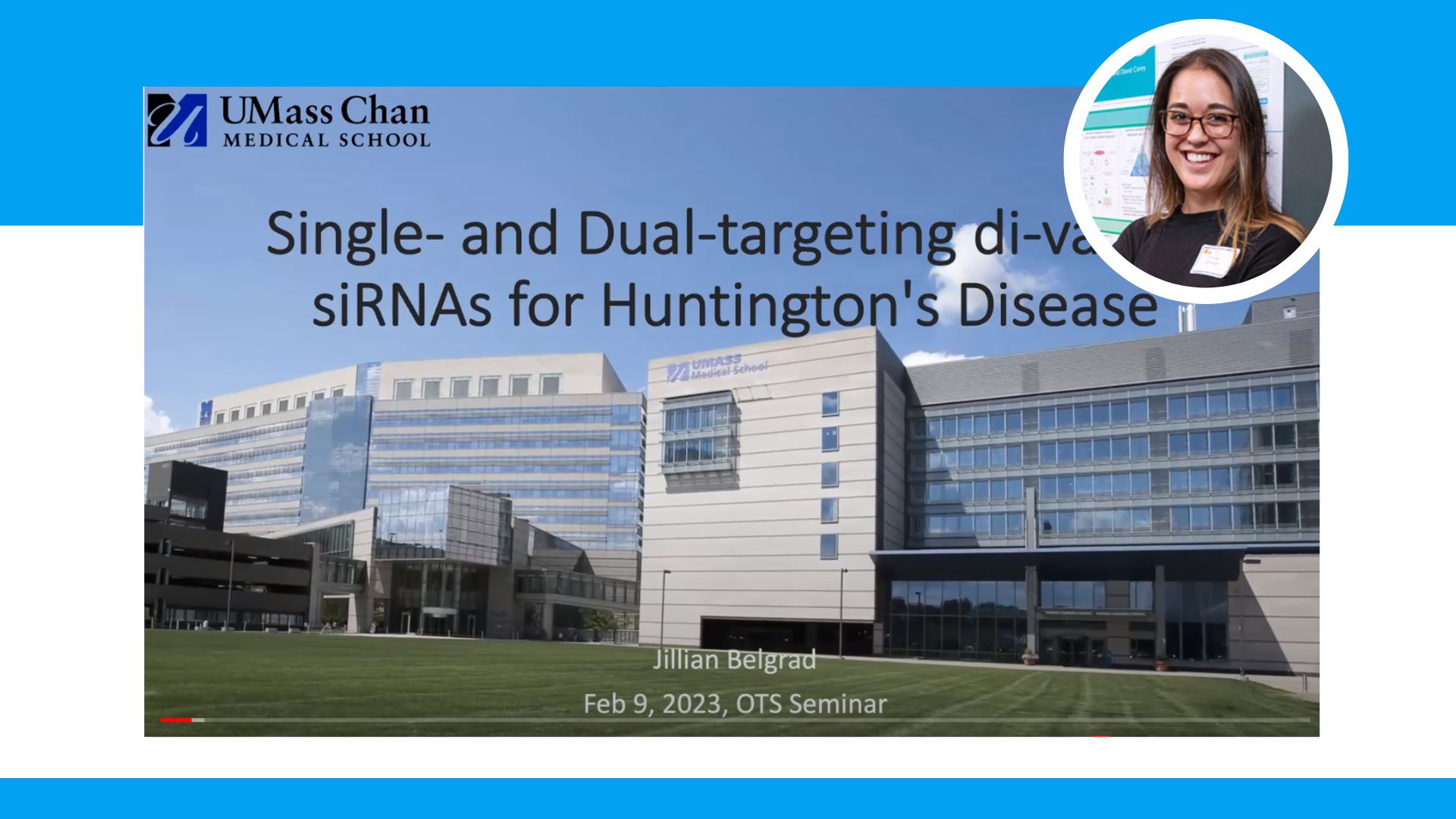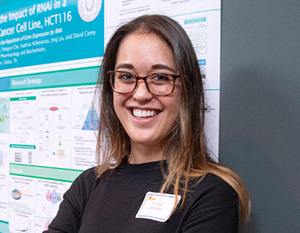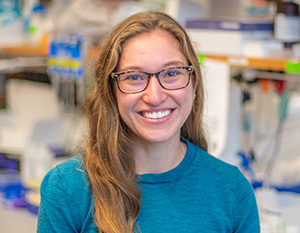
Time: 5pm Amsterdam – 9 AM MST
Date: February 9, 2023
Speakers:

Krystal Johnson, MSc
Investigating the consequences of nuclear AGO2 in colon cancer model systems
Description
Argonaute proteins are often credited for their cytoplasmic activity where they act as the central effector proteins of the microRNA-induced silencing complex (miRISC) guided by microRNAs to carry out sequence-specific post-transcriptional repression of messenger RNA targets. Localization to subcellular compartments is pivotal to understanding miRNA action, and our lab and others have shown that miRISC complexes are also present and active in mammalian nuclei. miRISC has several proposed nuclear functions depending on cellular context, yet the biological significance and regulatory mechanisms of action of nuclear miRISC in mammalian cancer cells remain poorly understood. In the present study, we observed that three different model systems that mimic colon tumor microenvironments: (1) 2D colorectal cancer cell (HCT116) cultures grown beyond a monolayer to high cell density, (2) 3D HCT116 tumor spheroid cultures grown in collagen matrix, and (3) primary tissue samples from malignant colon tumor and normal adjacent colon tissue, drive significant nuclear enrichment of core RISC effector protein, Argonaute 2 (AGO2). Our findings reveal dynamic relocalization of core miRISC protein machinery in colon cancer culture systems and primary colon tumor tissue, which may play a role in reducing miRISC-mediated repression in the cytoplasm to regulate gene expression networks that promote migration and metastases.

Jillian Belgrad, MSc
Single- and Dual-targeting di-valent siRNAs for Huntington’s Disease
Description
Jillian will discuss how single- and dual-targeting di-valent siRNA targeting select mismatch repair proteins are used to modulate somatic repeat expansions.






